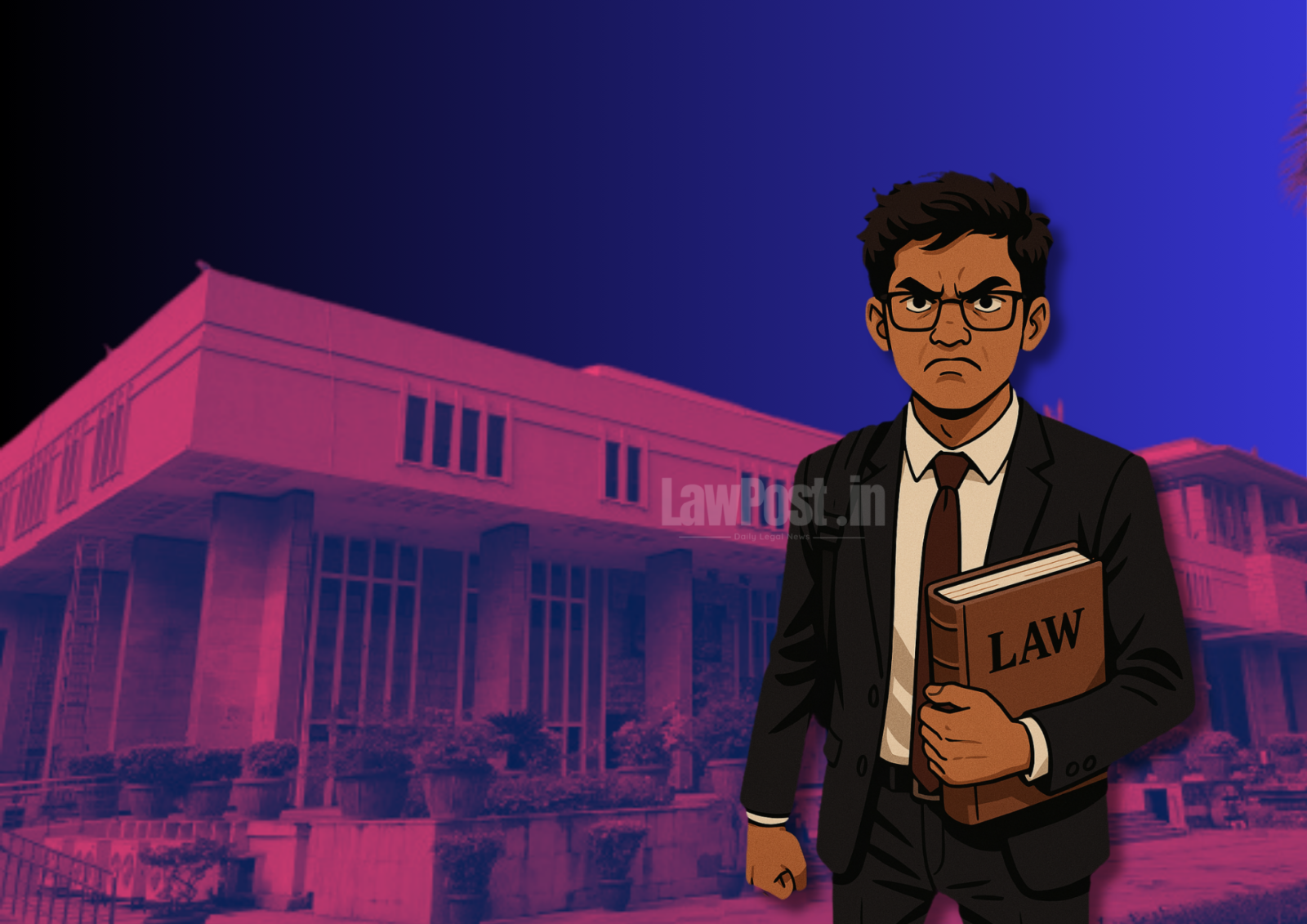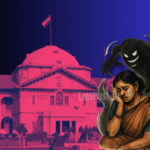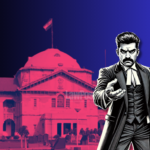In a key development in the ongoing legal scrutiny of the Common Law Admission Test (CLAT) 2025, the Delhi High Court has reserved its judgment on a series of petitions alleging serious flaws in this year’s undergraduate (UG) paper. During the hearings, the Court notably questioned whether it was fair to expect Class 12 students — the primary demographic for the CLAT UG exam — to understand advanced legal concepts such as “consideration” under Contract Law.
A bench comprising Chief Justice Devendra Kumar Upadhyaya and Justice Tushar Rao Gedela raised significant concerns about the standard and scope of questions framed by the Consortium of National Law Universities (NLUs), which conducts the CLAT.
“You are testing legal understanding of a Class 12th student. He would not know consideration. This is for the experts to decide, but I don’t know. Will it be possible for a Class 12 student to know the meaning of consideration under Contract Law?” Chief Justice Upadhyaya remarked, during the proceedings.
The remark came in response to arguments made by petitioners who claimed the exam included questions that required prior legal knowledge—particularly in areas like void and voidable agreements—allegedly beyond the prescribed syllabus.
The Court was also critical of the grievance redressal mechanisms in place. In one case, a candidate was reportedly not allowed to underline or mark the question paper, which affected her concentration and exam performance. Justice Gedela instructed the Consortium to file an additional affidavit detailing its findings on the incident, and noted that “our training has to get better,” as conceded by Senior Advocate Rajshekhar Rao, representing the Consortium.
Two petitions were separated from the main batch for individual hearings—one regarding the underlining issue and another concerning a candidate’s category change request.
On broader issues related to the exam, the Court also questioned the Consortium’s reliance on experts for paper setting. Highlighting that logical reasoning and quantitative aptitude are not traditionally part of legal studies, the Chief Justice noted:
“You say questions are made by experts. For legal questions, GK, we understand. For logical and quantitative questions, they are part of maths; you do not teach maths. Then who sets these questions?”
The Court further urged the Consortium to consider appointing better-qualified paper setters and emphasized that decisions in exam-related matters must be taken with greater care.
“At times, examiners can also go wrong. We are dealing with lives of young minds; we have to be more circumspect. We are conscious,” Rao submitted.
The hearings come in the wake of the Supreme Court’s decision on February 6 to consolidate all CLAT-related petitions under the Delhi High Court to avoid parallel proceedings across various High Courts. The Court will take up CLAT PG-related issues on April 21.
As the legal community awaits the Court’s judgment, the case has reignited conversations around the fairness, transparency, and standardization of one of India’s most competitive entrance exams.








